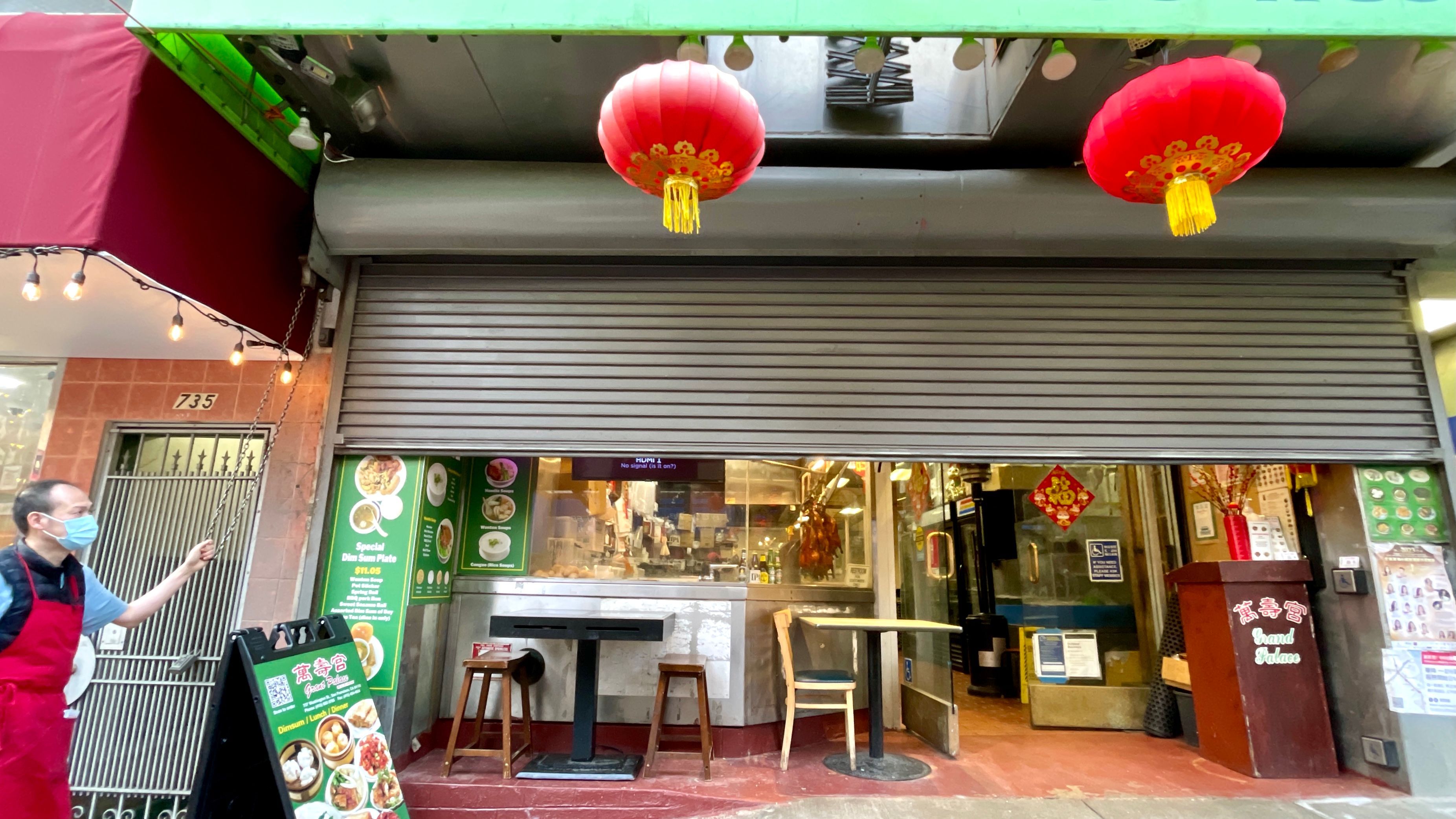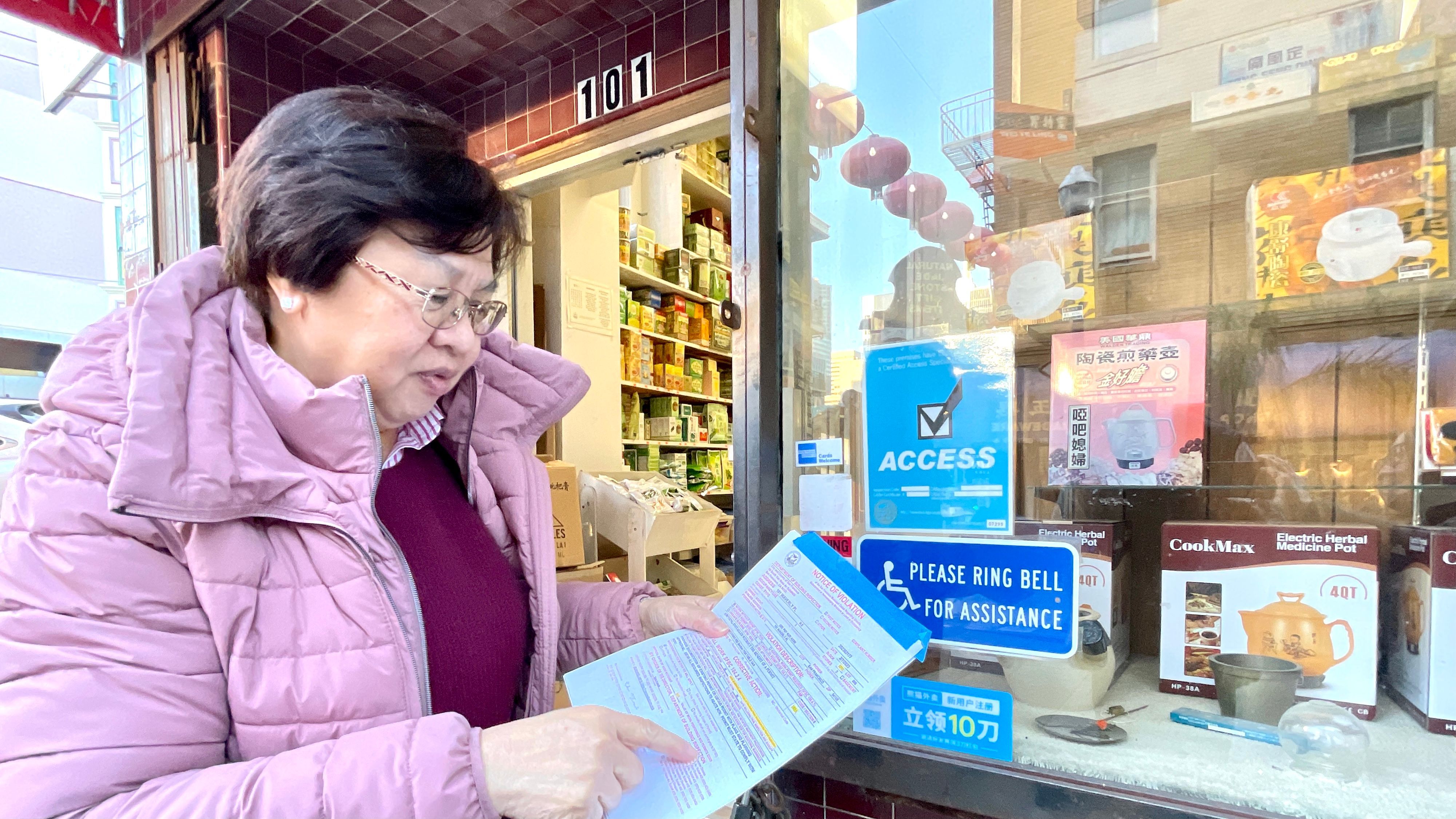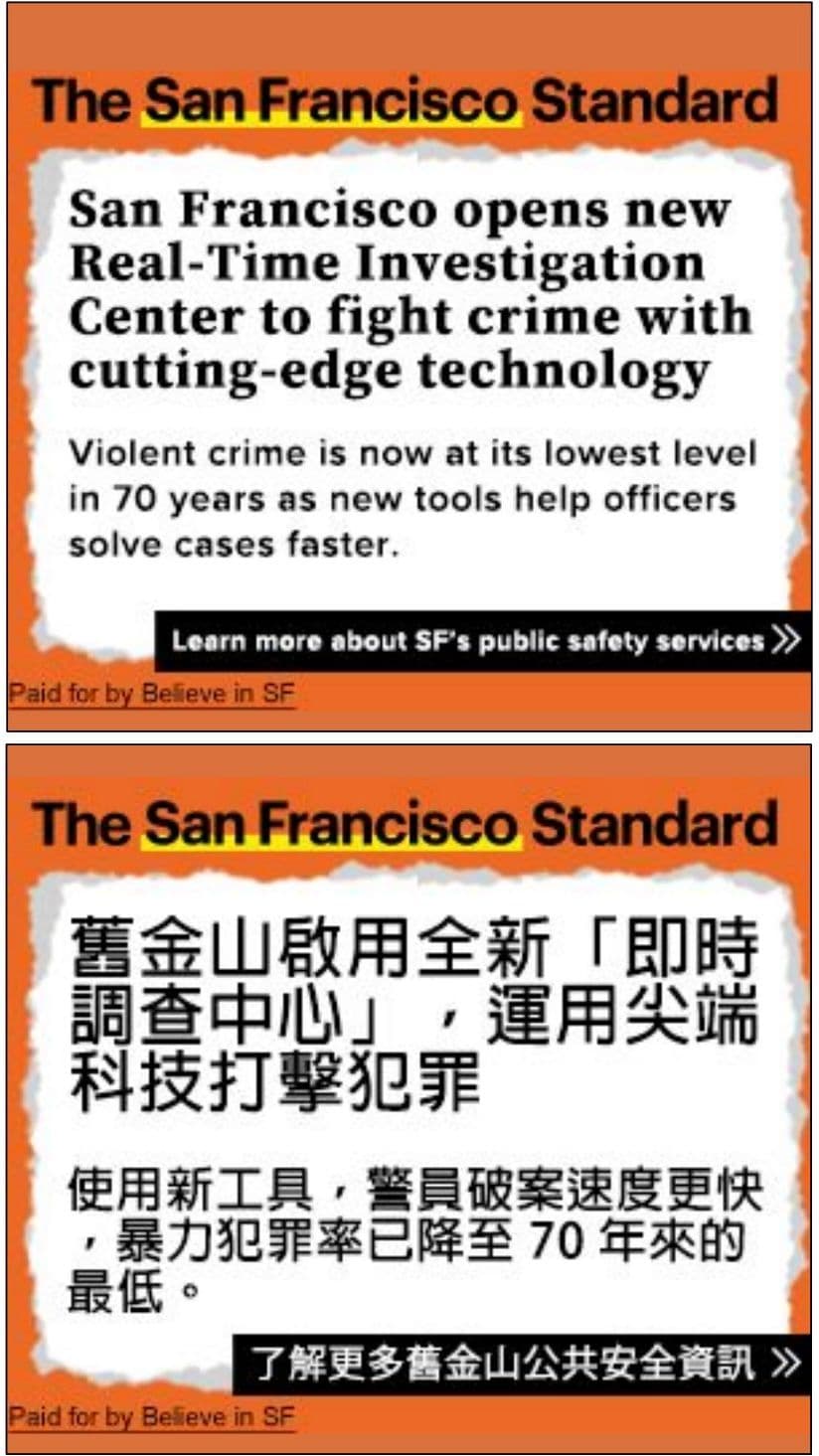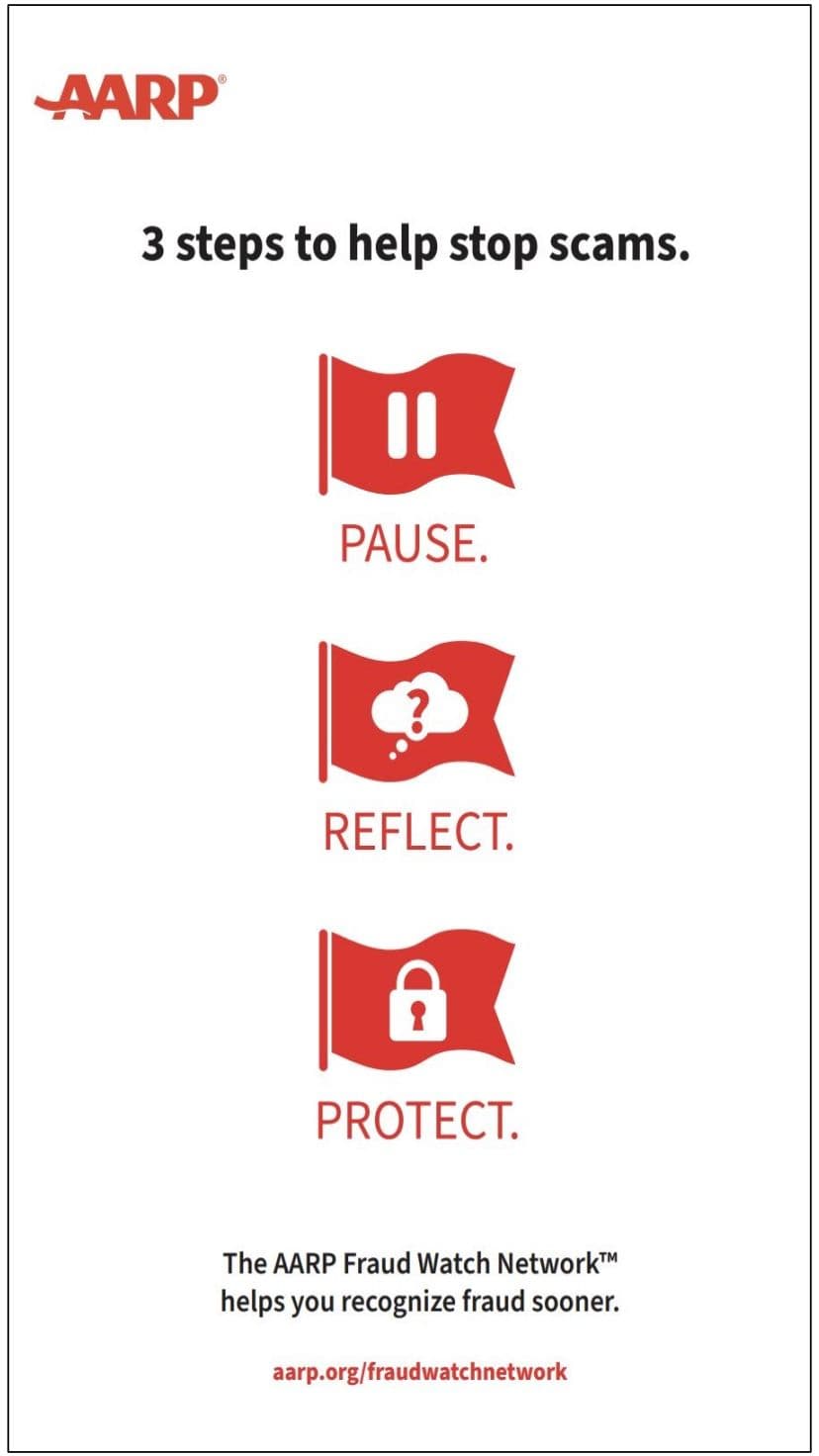Not only awnings, roll down gates also included in the large number of citations issued by SFDBI in Chinatown


(SAN FRANCISCO) More business and property owners in Chinatown were in shock to receive notices of violations from the city's Department of Building Inspection (DBI) regarding their awnings installation without permits. Some owners found the violation notices involving the roll down store security gates installed a few decades ago.
Since Wind Newspaper reported a large number of the notices of violations issued by DBI to the merchants in Chinatown, more business owners who received the notices spoke out and sought help.
"30 merchants have contacted me seeking help so far. Chinatown businesses feel panic to see the citations," said Lily Lo, CEO of the Northeast Community Federal Credit Union and long time advocate for small businesses in Chinatown.
Lo said this round of large number of DBI citations against Chinatown businesses was very similar to the situation that the ADA lawsuits filed in the federal court to sue many Chinatown merchants.
Lo also already contacted the city's Small Business Bureau Director Katy Tang and Small Business Commissioner Cynthia Huie. Both of them started working together to communicate with DBI on the issue.
Tang and Huie would like to see DBI to extend the deadlines for the businesses to bring the properties into compliance.
Based on the information provided by the businesses, Lo said many of the businesses who received the notices had no intentions to violate the law. On the other hand, the community suspected that the complaints or the enforcements targeted Asian businesses.
The owner of the Jackson Produce on Walter Lum Place was shocked to see a notice of violation posted at his store. "Jackson Produce was in business for 60 years. They have not changed or touched the awnings. How would the DBI now say they failed to apply for a permit 60 years ago?" Lo said.
Another situation was about a brand new store, Zhu's Tea on Waverly Place, which just opened earlier this year. "The owner of Zhu's Tea went to the city's Permit Center in person and made an inquiry about permits before the store was opened for business. The owner was told that no permit was necessary. As a result, the Tea shop was one of the 10 stores on Waverly Place to see a notice of violation posted at the door for awning violations without a permit," Lo stated.
DBI denied the enforcement targeted the Chinese community, but was rather complaint based. DBI released an update to the media with the latest numbers of complaints received.

According to DBI, 187 anonymous complaints about awnings throughout the City were received between November 29, 2022 to February 10, 2023. The complaints concentrated in four neighborhoods - Chinatown, Richmond, Haight, and Tenderloin.
DBI required the businesses who received the notices of violations to submit their permit applications in 30 days and obtain permits in 60 days. In addition to awnings, the Chinatown businesses also found their metal gates cited for violations of failing to obtain permits for installation.
Albert Chang, a well known Chinatown merchant, bought the building which houses Grand Place Restaurant on Washington Street with other partners a year ago. They received a notice of violation about the roll-down security gate in front of the restaurant without a permit for installation.
"I am told by the previous owner of the building that the roll down gate was installed 30 years ago. He said he should have applied for a permit. But it was difficult to look for the documents which was issued 30 years ago," said Chang.
“It is too costly for any merchant to replace a front gate under current economic condition. I have checked with a contractor who estimates the cost will be around $35,000 to $40,000 for a roll down gate including the entire process of getting a permit." Chang said it was impossible for him to pay for it.
"Nowadays we are not even able to pay for rent. How could we replace a gate?" said Chang.
DBI confirmed that the anonymous complaints have also been filed with roll down gates. "Our inspectors aren’t out trolling the streets looking for awnings that violate the building code. We are required to investigate every complaint that is filed with the Department of Building Inspection. It’s not optional. We are legally bound to investigate all complaints and issue Notices of Violation when a complaint is valid," said Patrick Hannan, spokesman of DBI.
"If the property owner received a notice of violation (NOV), they need to get a building permit to bring the property back into compliance regardless of whether they plan to retain or remove the awning," Hannan added.
Hannan said DBI might be able to give additional time to bring the property back into compliance, if the property owners can demonstrate good faith and ongoing efforts to address the violations.
"Demonstrating good faith could, for example, include providing email exchanges with contractors and suppliers illustrating delays outside the control of the property owner," said Hannan. "Awning permits are generally issued over-the-counter and most over-the-counter permits are issued in two days or less. So most business owners should have enough time to get a permit before their deadline."
- If someone’s vehicle blocks your driveway, San Francisco's 311 service will resolve it easier and safer for you
- U.S. Department of Homeland Security proposes green card status can be denied for Medicaid and SNAP recipients
- NAPCA Column 18: About the One Big Beautiful Bill Act
- San Francisco Real-Time Investigation Center (RTIC) equipped with drones and advanced technologies now fully operates to help keep the city safe
- The community blessed for two Chinese American Police Chiefs in a row to lead San Francisco Police Department
- San Francisco newly-appointed D4 Supervisor Alan Wong votes for Family Zoning Plan in his first full board meeting
- Opinion: My concerns about negative impact of road constructions to traffic and communities in SF’s Chinatown and Sunset
- Tech entrepreneur & political advisor Saikat Chakrabarti runs for Congress to fill Nancy Pelosi’s House seat






